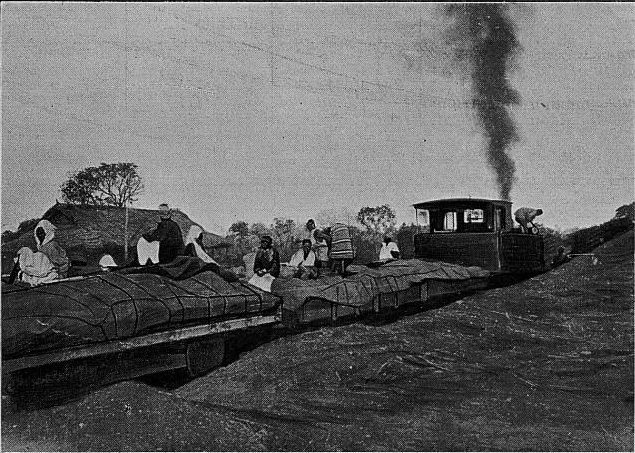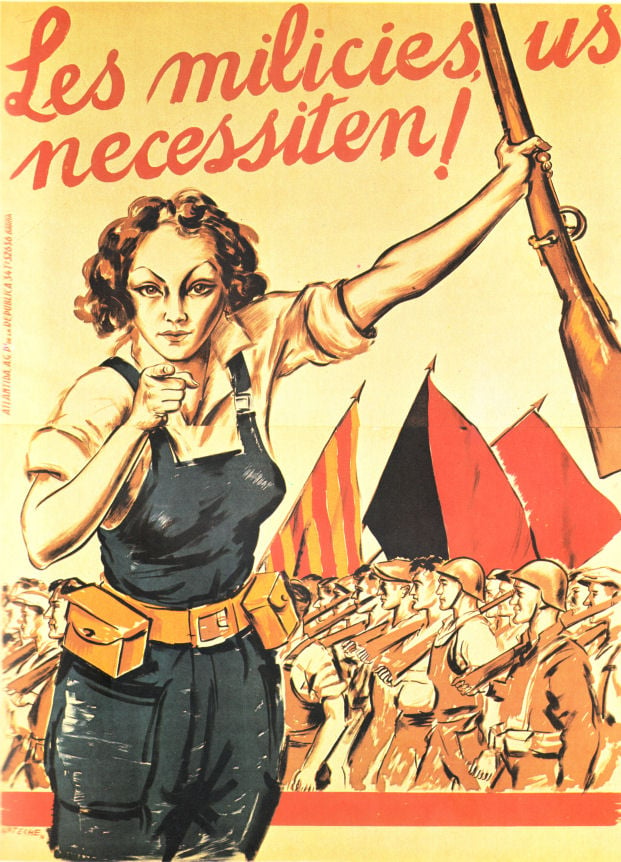West African Railway Strike (1947)
Fri Oct 10, 1947

Image: A train traveling along the Dakar–Niger Railway, c. 1908 [Wikipedia]
On this day in 1947, the longest strike in African history at the time began, stretching across all branches of railway in French West Africa, the wharfs in Dahomey, and the Ivory Coast.
For more than six months, 17,000 railway workers and 2,000 workers in the wharfs refused to work. The timing of the strike was crucial, undermining new French economic goals for the railway.
The strike was organized by Ibrahima Sarr, the Federal Secretary of the Railway Union. Workers demanded housing, rights for temporary workers, wages to follow regional differences in the cost of living, and clearer standards for promotions.
The government did not respond for three months, assuming the strike would collapse due to economic pressure. Workers had prepared for this, however, taking up community collections, the community exiling strikebreaking workers, and women of the household economically sustaining families while workers were on strike.
On March 19th, the workers’ union accepted a set of proposals favorable to their demands and returned to work. The strike ended with a long, celebratory march into Thiès, followed by meetings and dancing.
- Date: 1947-10-10
- Learn More: nvdatabase.swarthmore.edu, libcom.org.
- Tags: #Labor.
- Source: www.apeoplescalendar.org

